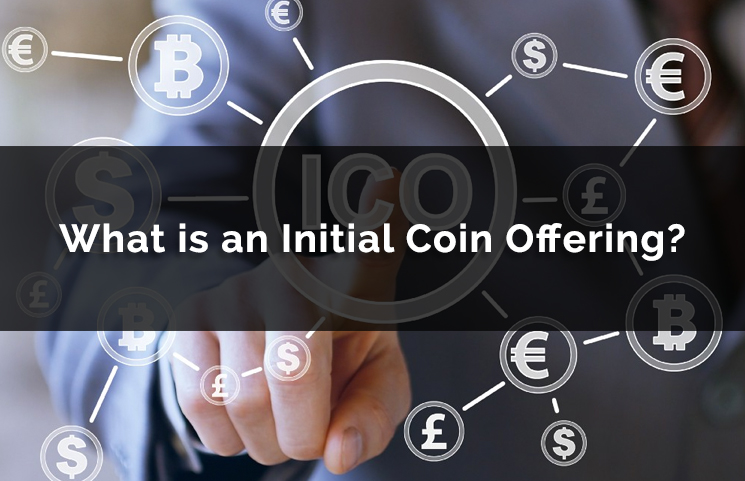Cryptocurrency
Initial Coin Offering: How ICO Cryptocurrency Token Sales Work?

What Is An Initial Coin Offering?
The ICO bandwagon has gained a lot of popularity over the recent few months. It’s where a company or group of people begin the process of raising capital for a particular product or idea, in return for an investor’s cash, you receive cryptocurrencies. Companies who launch ICO’s will release their own cryptocurrencies rather than use the likes of Bitcoin etc.
Before Initial Coin Offerings became a ‘thing’ you would normally have to go down the traditional route of approaching venture capitalists or angel investors. Be that as it may, this route can be a rather long and burdensome process. Often times it can take months for an investor to commit to a project and provide you with the necessary funding to get a project up and running.
What Are The Benefits Of An Initial Coin Offering?
An Initial Coin Offering has many benefits attached with it, the main one being that you are helping a company launch its product or service. You are investing into something with the hope that it will yield a much larger value in the future. As for the tokens, you can exchange them once the value of the tokens rise in conjunction with the value of the company.
How Do I Stay Safe Investing In A Cryptocurrency Token Sale?
What’s to say that a company will launch and ICO, with the lack of regulation and then run off with all the money? Legitimate companies will include the use of third parties such as escrow wallets. In order to access the funds that have been raised, the owners need private keys. One of the private keys is owned by a secure third party with no involvement in the project whatsoever, this protects the funds from fraudulent actions.
You might be thinking that this method of raising ‘capital’ sounds remarkably like an IPO, and you’d be right in assuming that because they both work in the same way, and both have the same desired outcome. During an IPO, a company will sell shares which represent ownership in that company, in exchange for money. However, the difference between an IPO and some ICO’s is that more often than not, the tokens an investor will receive won’t represent a share of a company. This can cause a few disruptions and people start to shout scam!
How To Spot A Legitimate ICO
However, that’s not to say that there aren’t any legitimate project out there with real people who have good intentions, and want to bring something good to fruition.
Let’s examine the disintermediation platform known as Aragon (an Ethereum based platform), which focuses on providing companies solutions for autonomy, utilizing blockchain technology – removing the need for middlemen which can incur huge costs. Things such as fundraising, payroll and accounting can all be managed through Aragon’s interface.
Aragon managed to raise $25,000,000 in Ether in an incredible 15 minutes! This sizeable investment came from a pool of around 2000 people in exchange for Ant tokens. Also making it the 4th biggest crowdsale project ever.
Whilst an ICO seems to open up many doors and roads in people’s minds to riches other treasures. It’s highly recommended that you conduct a sufficient level of homework first. It’s important to know what to look for when thinking about investing in an ICO. An honest development company will be transparent and honest about their intentions, actions and employees. They don’t mind putting a face to a project, because if they do run off with the money, people will know what they look like.
A third party who comes in and secures the funds in escrow with a private key is a good sign that the project leaders are legit. A lack of a trusted third party should sound alarm bells. When you hear people talking about goals that are far too ambitious, is another sign that something might be fishy. Planning to be the next bitcoin might sound appealing, but when put into practice, it’s a different thing entirely.
